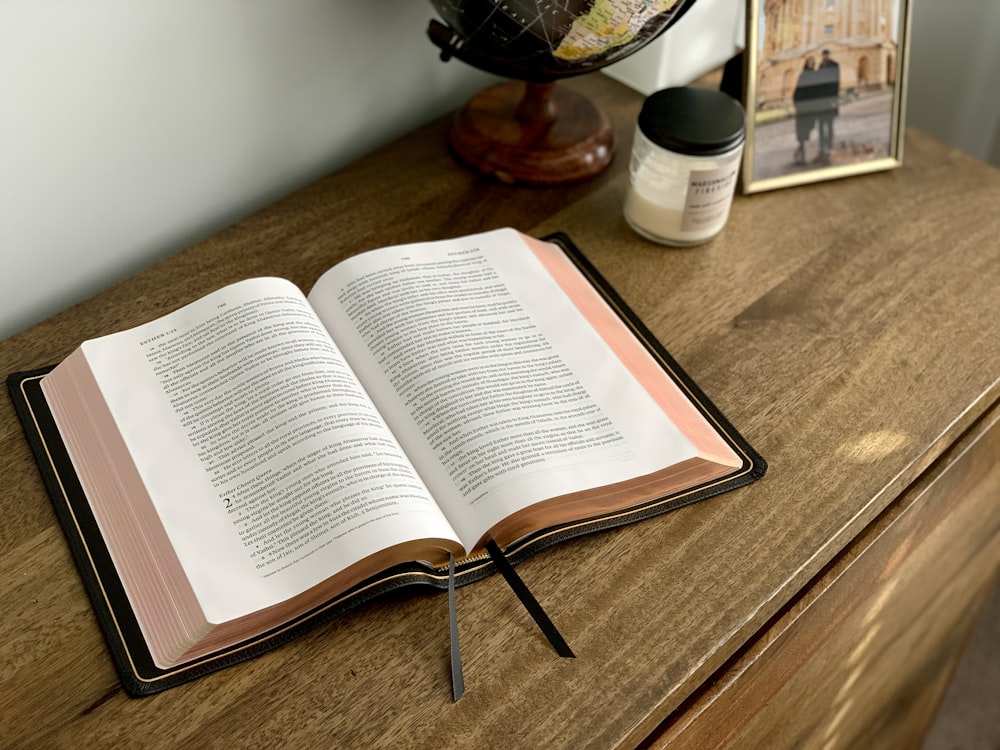Due to the many aspects tested by the PSLE English, there will be 2 different parts to this PSLE English Common Mistakes. In this first part, we will be exploring the common mistakes made by students in the PSLE English paper 1.
What is the PSLE English Paper 1 about?
English paper 1 constitutes 27.55% of the PSLE English examination components. There are two parts to paper 1 – the Situational writing (15 marks) and the Continuous Writing segment (40 marks).
Both segments require students to have good use of English – grammar, spelling, and punctuation, on top of task fulfillment and content required by the question.
Common mistakes made by students in PSLE English Paper 1 – Composition Writing
1 – Using wrong punctuation
Punctuation is an important part of English and especially when it comes to writing. Proper punctuation helps the reader to understand the meaning of the sentence, paragraph, and context of the story. The placement of punctuation can evoke a different context, emotion, and feeling.
Your child will be penalized for the wrong use of punctuation and evoking a wrong meaning in their writing.
Punctuation is one of the easier to master aspects of writing, hence your child should ensure that they are able to punctuate correctly so they can bring their point across accurately.
For example:

This is just a simple example to illustrate the importance of punctuation. Students should be mindful of the punctuation they use when writing.
How to avoid making punctuation mistakes
Prep your child early by exposing them to active reading and listening. Unfortunately, there is no easy way to fix punctuation mistakes unless your child knows the right way of punctuating – hence sufficient practice is important to ace and master it.
Additionally, you can enroll your child into an English class to help them bridge any knowledge gaps and master English punctuation before they sit for their PSLE English paper 1 this coming November.

2 – Not having a clear plan of how your composition is going to be
Some students may not have a clear plan of how they are going to develop their story or character in their composition. They immediately dive right into writing the story without any plan. Hence they may find themselves straying further from what the question is asking for.
How to avoid this mistake
Your child is encouraged to write an overview of how they intend to write their story, they can denote their key ideas at the side of the images and ensure that their story flows and that they are able to fulfill the task requirement at the end of their story.
Alternatively, your child can follow this template to structure their composition. This is also known as a story plot.
3 – Limited vocabulary bank & incorrect use of vocabulary
One common mistake that students make is learning too many vocabulary words but not knowing how to use them correctly.
Knowing idioms and phrases are one thing, but knowing when and where to use them will show the examiner your child’s knowledge and understanding.
Here are some useful idioms and phrases your child can incorporate into their writing.
| Blessing in disguise | an apparent misfortune that eventually has good results. |
| Heart of gold | a kind and generous disposition |
| Piece of cake | something easily done |
| See eye to eye | be in full agreement. |
| Better late than never | it is better to do something or arrive after the expected time than not do it or arrive at all. |
| Break a leg | A theatre slang for – good luck! |
| Call it a day | decide or agree to stop doing something. |
| That’s the last straw | a further difficulty or annoyance, typically minor in itself but coming on top of a series of difficulties, that makes a situation unbearable. |
| Wrap your head around something | to find a way to understand or accept |
| To get bent out of shape | to take offense; to become angry, agitated, or upset. They stopped inviting him to the gatherings, and he really got bent out of shape about it. |
4 – Cliche introductions
There are close to 40 thousand students that are sitting for the PSLE English, using a typical and cliche introduction for your composition may put students at a disadvantage.
Examiners will be reading so many scripts and seeing another cliche introduction will only disinterest them. The introduction is important because it sets the tone and what the examiner can expect from the writer – it is something like your first impression.
Hence, it is crucial to know the most appropriate and interesting introduction to the composition to capture your examiner’s attention.
Here are some interesting ways students can start their introduction:
1 – Using dialogues and including your main character’s thoughts and feelings
2 – Start with a sound
3 – Begin with a complaint
4 – Start with a startling fact
5 – Start with a thoughtful reflection
It is important to keep in mind that introduction is the very first thing your examiner will read, so blow the examiners away with an intriguing introduction.
With guidance and support from experienced full-time tuition teachers, Tutopiya will be able to provide your child with the impeccable learning support they need to ace their PSLE English composition.
5 – Abrupt conclusions
One of the most common mistakes made by students in the PSLE English composition reading happens at the end of the writing. Many students neglect conclusions and often end their story abruptly with a simple line.
Students should know that the conclusion to your composition should show reflection and how your character developed in the end. It should not only be a one-liner – “I learned to never tell lies again.”
What should be done instead
Learn some useful phrases to use at the end of the story and remember to incorporate self-reflection at the end of your conclusion.
Here are some examples of some useful reflections students can use for the conclusion.
- A friend in need is a friend indeed
- Honesty is the best policy
In a nutshell, PSLE marks the end of a student’s primary school journey, and only with the desired score, can your child advance to the school of their choice.
PSLE English or English, in general, is an important subject in Singapore, hence setting your child’s English foundation early will help them greatly in their future years.
To our PSLE students, keep your heads up and all the best for your PSLE examinations!





